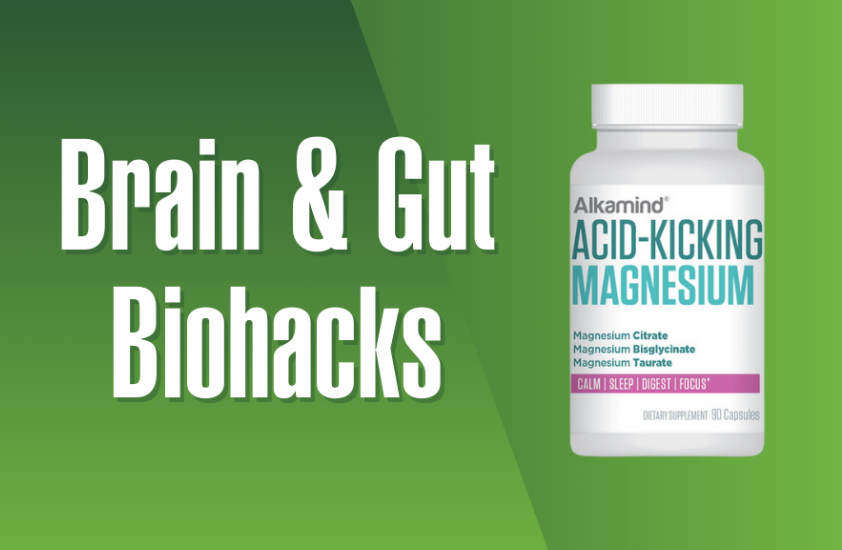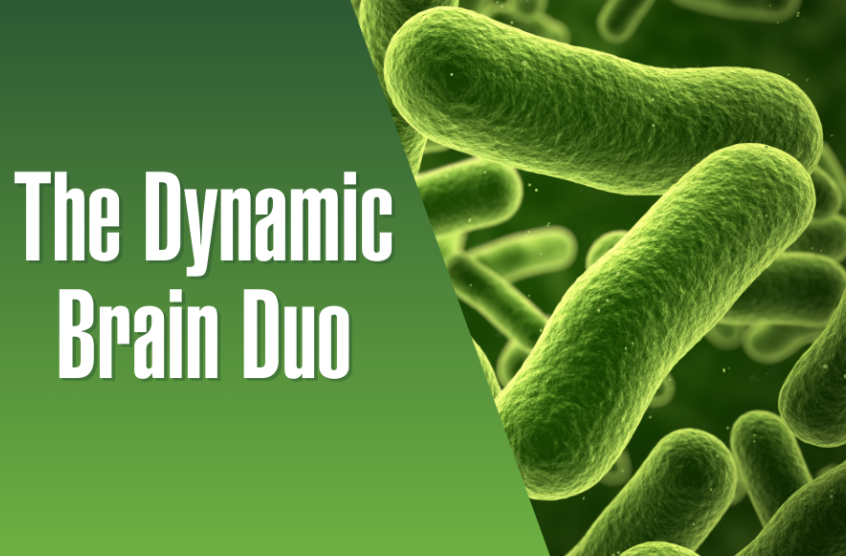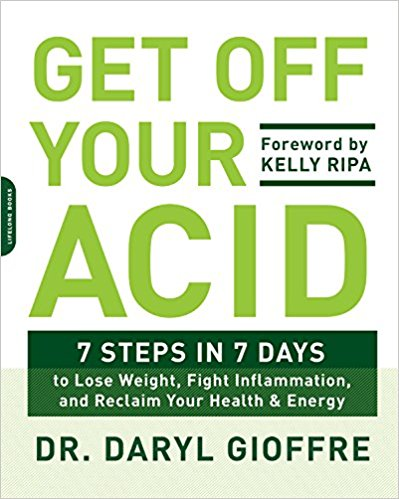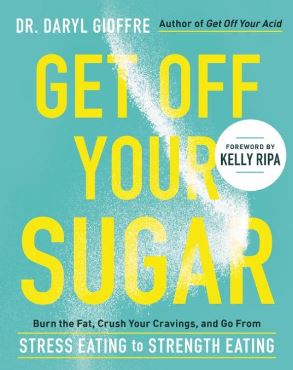
These days, who DOESN’T feel the effects of modern life on their mental wellness?
If you deal with any mental health challenges – anxiety, depression, or just plain old stress – you know how important it is to make your mood and emotions a priority.
Whether it’s a diagnosed mental illness you suffer from or simply the stress of looking at the day’s news, you could probably use every bit of help you can get with your mental health.
That’s why new meta-research provides interesting insights into the types of foods that can protect you from depression and other mental illnesses. Today, we’ll talk about those findings and what foods you can eat to improve your mood, keep your brain healthy, and guard against depression and anxiety.
Does Your Diet Affect Your Mind?
A meta-analysis of 16 studies was published in the journal Psychomatic Medicine that studied the effects of various diets on 46,000 adults from around the world. Here’s what they found…
In general, a healthy diet with lots of fruits, vegetables, and other whole foods, rather than processed foods, reduced symptoms of depression like hopelessness, trouble sleeping, and disconnecting from others.
“Including more non-processed foods, more whole foods—fruits, vegetables—is very beneficial in terms of your psychological well-being, particularly mood,” says Joseph Firth, of Western Sydney University, the lead researcher.
Diet choices affect women’s mental health more than men’s. It’s not clear why this is the case, but across the studies, women’s mental wellness was more closely correlated to healthy eating than men’s. The studies also found that having guidance from a diet expert improved outcomes compared to going it alone.
One of the most interesting findings was that people who felt depressed while the study was conducted improved after they changed their diets. So not only can eating nutrient-dense foods help prevent depression, it can also shorten the length and lessen the symptoms of depression.
Compared to depression, diet did not have the same effect on clinical anxiety. While that’s not great news for anxiety sufferers, it makes the case even stronger that for anyone prone to depression your diet really matters. In other words, it may not be possible to completely fix all potential mental health issues through the same lifestyle change, but there does appear to be a specific relationship between what you eat and depression.
Although it’s not completely clear what causes that relationship, researchers think it might be tied to the gut’s microbiome. “It’s possible that certain diets may increase inflammation and oxidative stress, and disrupt our mitochondrial function and neuron production, in ways that could put us at risk for psychological problems. Our gut microbiome—the colony of microorganisms in our intestines that is increasingly being studied as a contributor to mental health—may interact with many of these processes,” according to University of California at Berkeley’s Greater Good.
The Best Foods for Your Mental Health

Dark, Leafy Greens
A couple of studies have found that magnesium could be a powerful treatment for people with depression, perhaps just as effective as antidepressants without the side effects. How crazy is that?
Magnesium does so many essential functions throughout the body – more than 600 activities, in fact. Learning, memory, and mood are among the many ways magnesium levels affect the brain.
Foods rich in chlorophyll are high in magnesium. So aim for lots of:
- Spinach (1 cup = 49% RDV of magnesium!)
- Watercress
- Kale
- Chard
- Collard and turnip greens
- Wheatgrass
Olive Oil
Extra virgin olive oil, in addition to being a healthy monounsaturated fat that fights inflammation, contains oleocanthal, which increases production of key proteins and enzymes for proper brain function and prevention of brain fog.
Raw Nuts
In addition to supplying magnesium and omega-3 fatty acids, which we will talk about in a moment, nuts like walnuts, Brazil nuts, and almonds are high in the antioxidants that protect brain cells from inflammation. Again, there may be a link between brain inflammation and depression.

Vegetables
A diet rich in vitamins and minerals has been tied to mental wellness. That’s probably because veggies like broccoli, peppers, carrots, pumpkin, cauliflower, and Brussels sprouts are a top source of vitamin K, which regulates calcium in the brain. Calcium depletion is linked to increased anxiety and depression.
Wild-Caught Salmon
Did you know that your brain is made up of 60% fat? The essential fatty acids on the omega spectrum are necessary to make the chemicals of the brain function properly, which keeps our moods stable and our minds thinking clearly.
Believe it or not, healthy fats are brain food!
More specifically, the right balance of omega fats keeps brain inflammation in check, and that’s why it’s so essential that we get the right ratio of omega-3 to omega-6 fatty acids.
The average American has 19 times more pro-inflammatory omega-6 fats than anti-inflammatory omega-3 fats in their system at any given time. In many cases, it’s even 25 times more omega-6, and I have even seen 50 times more!
That’s a recipe for brain inflammation, which shows up as brain fog and depression. Research on patients in mental health facilities back this up. They have on average far more omega-6 fats compared to omega-3 than the average person.
The ideal ratio should be 1:1, and no more than 4 times the amount of omega-6 to omega-3. Eat foods rich in omega-3 like:
As you shift away from excess sugar, carbohydrates, and protein, eat more and more leafy greens, vegetables, and healthy fats. Foods like:
- Wild-caught Alaskan or Pacific salmon – the Mayo clinic recommends eating salmon twice per week
- Wild-caught Atlantic mackerel
- Walnuts
- Chia seeds
- Herring
- White fish
- Sardines
- Anchovies

Our Alkamind Daily Omega-3 is the best quality supplement on the planet. It’s the ONLY one with the ideal 2:1 ratio of EPA to DHA in a highly concentrated form. So you can take less and get more benefit from it. Plus it’s heavy metal free and guaranteed for potency and freshness, so no fishy taste.
Subscribe & Save 15% today!

In the last 100 years, sugar consumption has skyrocketed. The average American now consumes at least ½ pound of sugar per day (that's 130 pounds every year!) — directly contributing to the development of type 2 diabetes, heart disease, non-alcoholic fatty liver disease, cancer and other health problems. How do you keep you and your family safe?
Don't miss The Get Off Your Sugar Summit, a free event happening online March 23-29, to find out. Never before has a team of experts like this come together to fight the substance that is more addictive than cocaine, hijacks your health, and adds to your weight.
GET OFF YOUR ACID!
Dr. Daryl
 Skip to content
Skip to content







